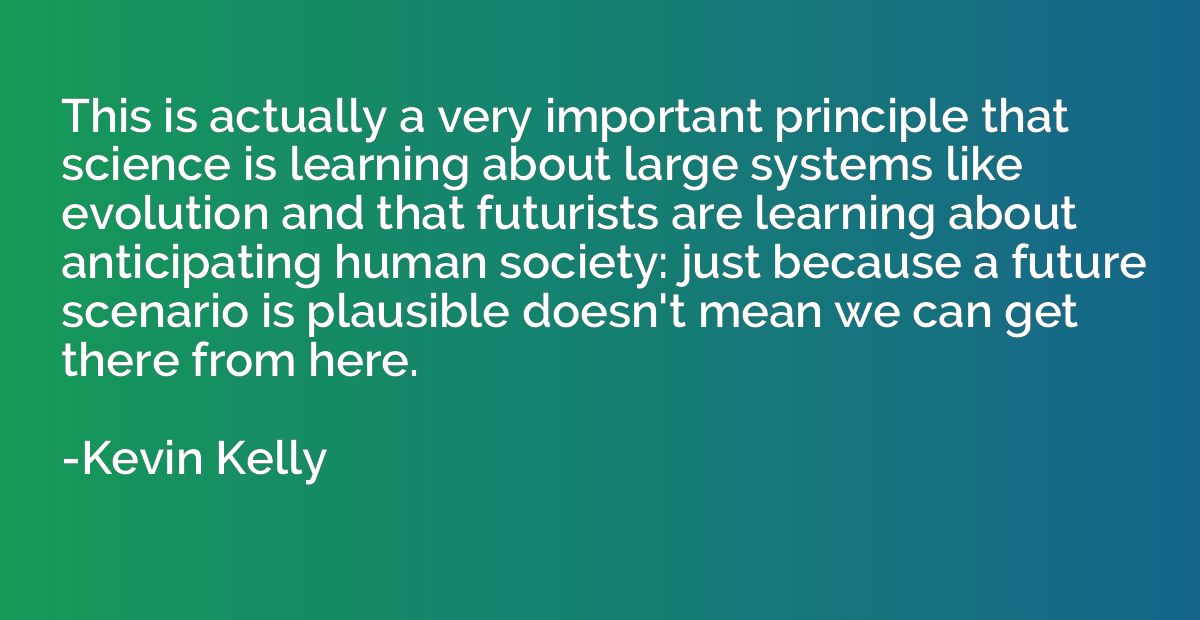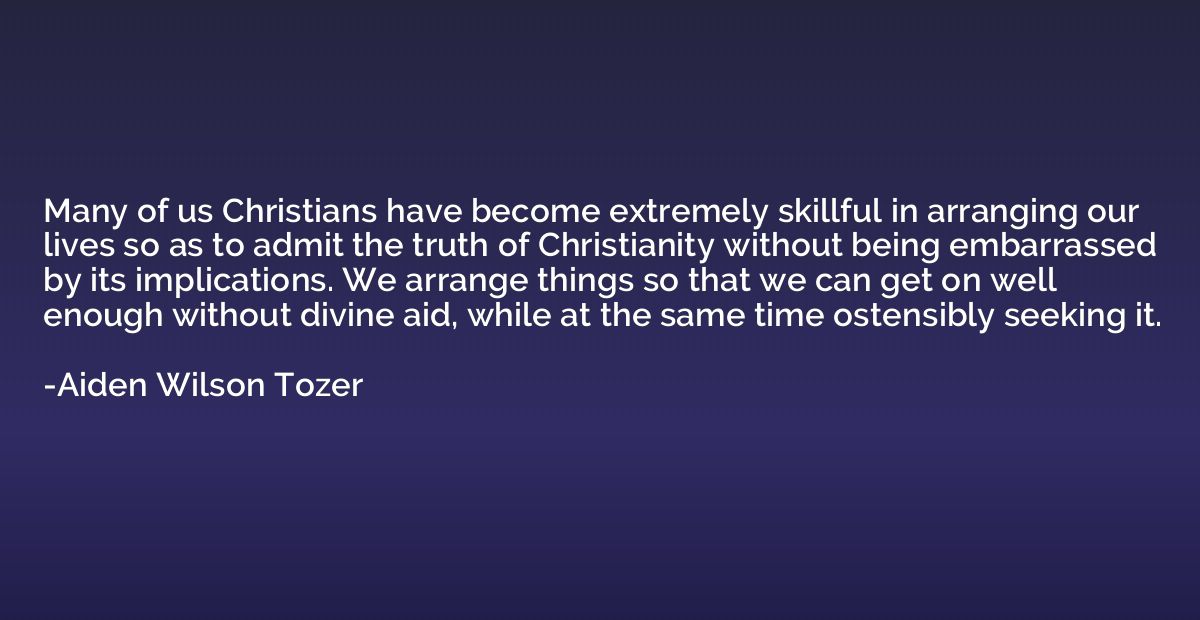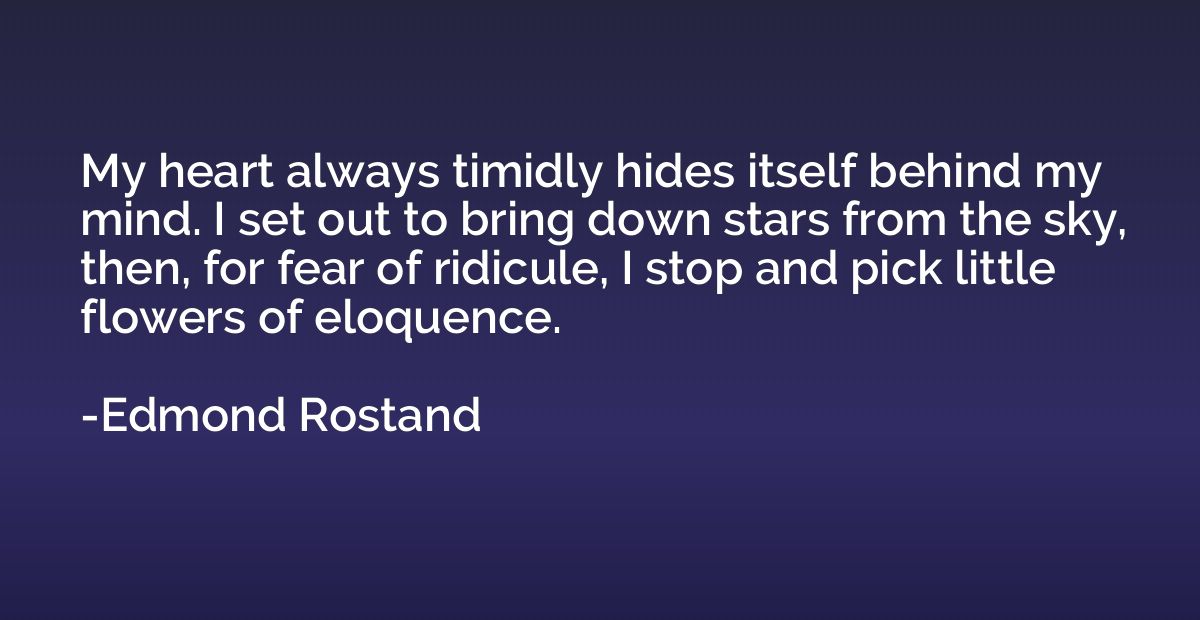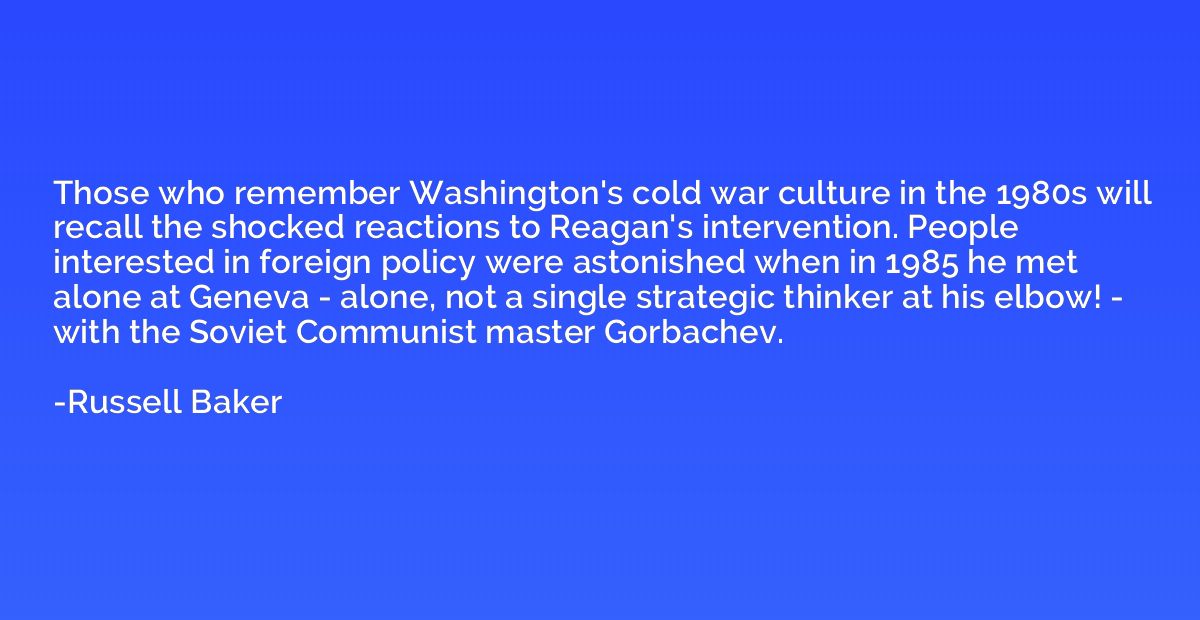Quote by Stephen Hawking
God not only plays dice, but also sometimes throws them where they cannot be seen.
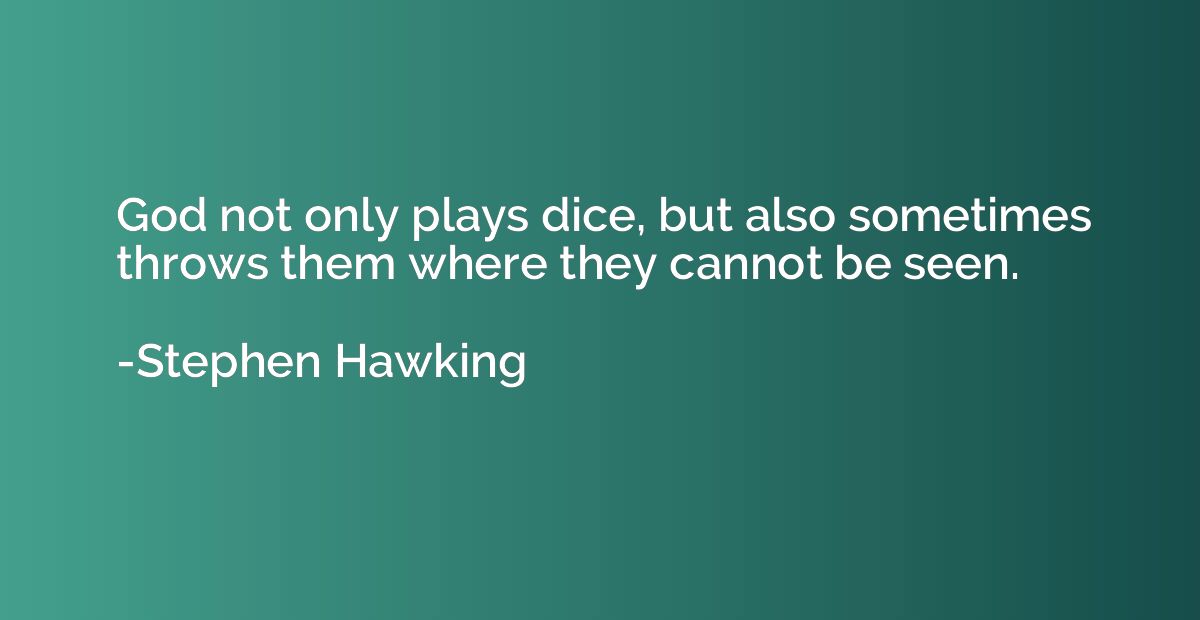
Summary
This quote, attributed to Albert Einstein, suggests that there is an element of unpredictability and hidden workings in the universe, even for a higher power such as God. It implies that God's actions and decisions may be seemingly random or unexplainable to humans, sometimes occurring in ways that are beyond our perception and comprehension. It serves as a reminder that there are mysteries and uncertainties in life that cannot be fully understood or controlled.






